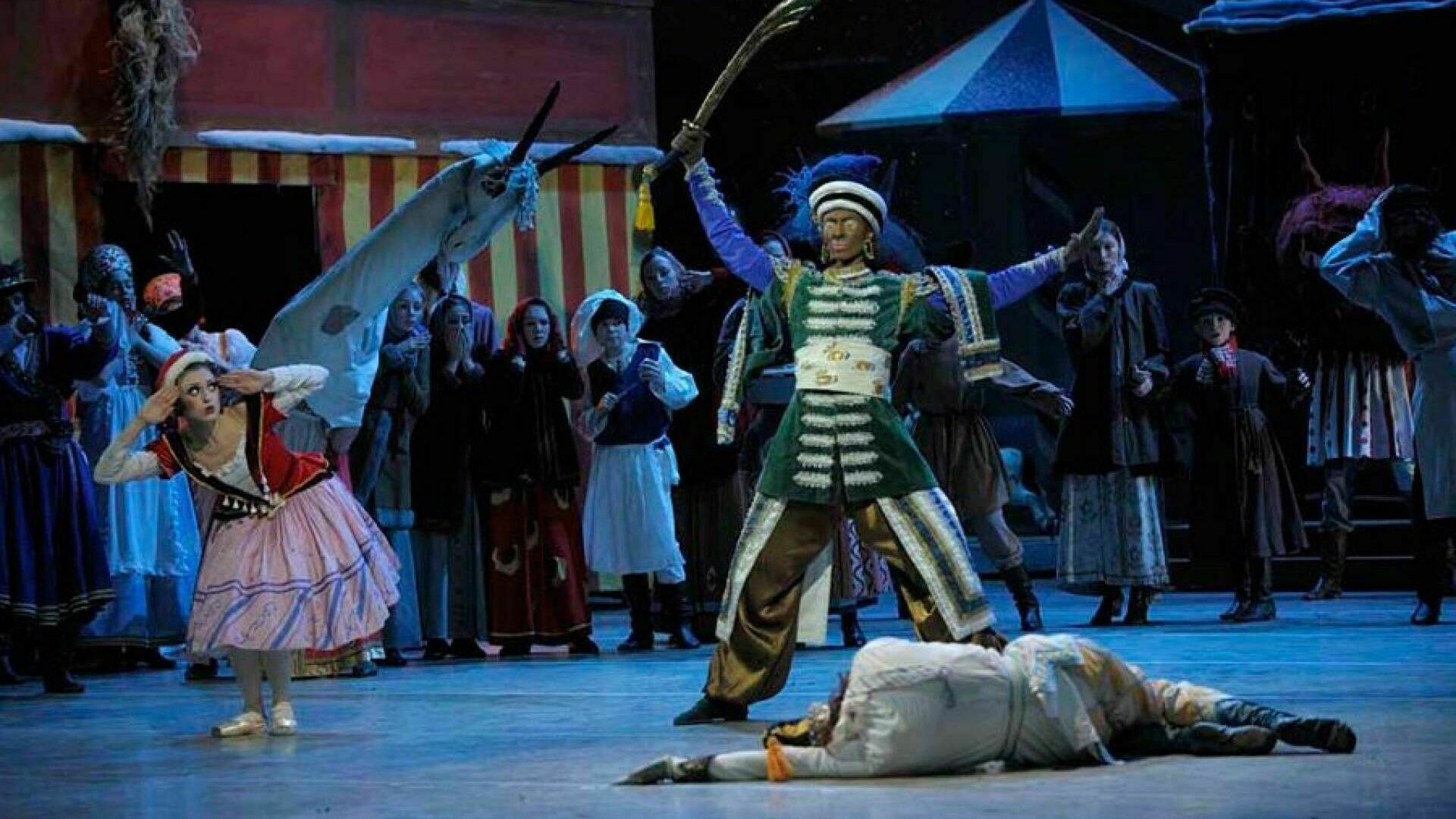Posted 13 января 2023, 12:24
Published 13 января 2023, 12:24
Modified 13 января 2023, 12:50
Updated 13 января 2023, 12:50

Nerves or hypocrisy? Western students are already afraid of Russian culture
The historian of Russian literature and culture Yevgeny Dobrenko shared on his blog a seemingly strange news published in the popular British edition of The Telegraph:
"The University of Aberdeen (Scotland) believes that the death of Petrushka in Igor Stravinsky's ballet of the same name may shock students; now a warning is given in the description of the ballet that it contains "a death scene (by stabbing), although the character in question is a puppet".
On this occasion, Dobrenko writes: "For some reason, it did not surprise me and did not even seem funny in its obvious absurdity. During the 22 years of my English teaching career, I could observe an exponential increase in the sensitivity of students. I remember the wildest stories from quite innocent people - Babel has too much violence in "Konarmiya" or in Shalamov's "Kolyma Stories" - it is impossible to read. Up to completely anecdotal. The last one was from a student who wrote that she could not write about the film "Alexander Nevsky" because there was incredible violence and she began to have depression and panic attacks. Try not to replace the text. Complaints will go to the dean and they will demand more apologies. I don't remember when I got depressed from their sensitivity, but it still hasn't gone away. We live in a strange world: at one pole there are societies permeated with brutality and violence, and at the other they are so fragile that it seems that they were born and live in cotton wool..."
However, according to the writer Alexey Makushinsky, who also teaches Russian literature, but in Germany, so far this is, apparently, a purely English problem:
"It still doesn't come to this in Germany, at least I haven't encountered anything like this. My students read both Babel and Shalamov as cute".
However, a teacher from Ottawa, Canada, Tatiana Smolyarova confessed:
"And last year, for the first time, I was afraid to show a recording of a ballet with Petrushka-Nureyev at the course "theatricality and spectacles in the history of Russian culture" due to the fact that there is a villain - a Moor".
Readers of the blog have put forward at least two versions that explain this strange, at first glance, phenomenon.
Analyst Anton Avramenko believes that this is a consequence of the fact that there is less violence in the Western world:
"To be fair, in Alexander Nevsky, babies are thrown alive into the bonfire. And in fact, there is less violence in everyday life. Previously, puppies were drowned every year, and chickens were chopped, and every second man fought and killed, and every second woman was beaten or raped. Therefore, violence in art did not particularly shock anyone..."
And Oleg Kuznitsin is sure that it's all hypocrisy:
"And it seems to me that a declaratively deliberate, most often absurd, protest against violence is a kind of self-presentation and self-identification of oneself as good. As if I protest, it means good (shaya). Sort of an alibi. At the same time, the banal evil that is repaired daily can not be noticed. Little things, hurting loved ones..."